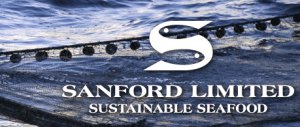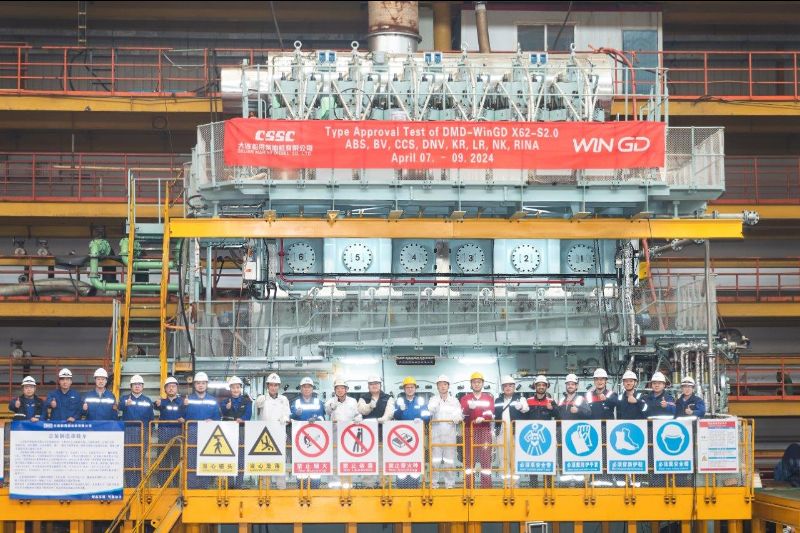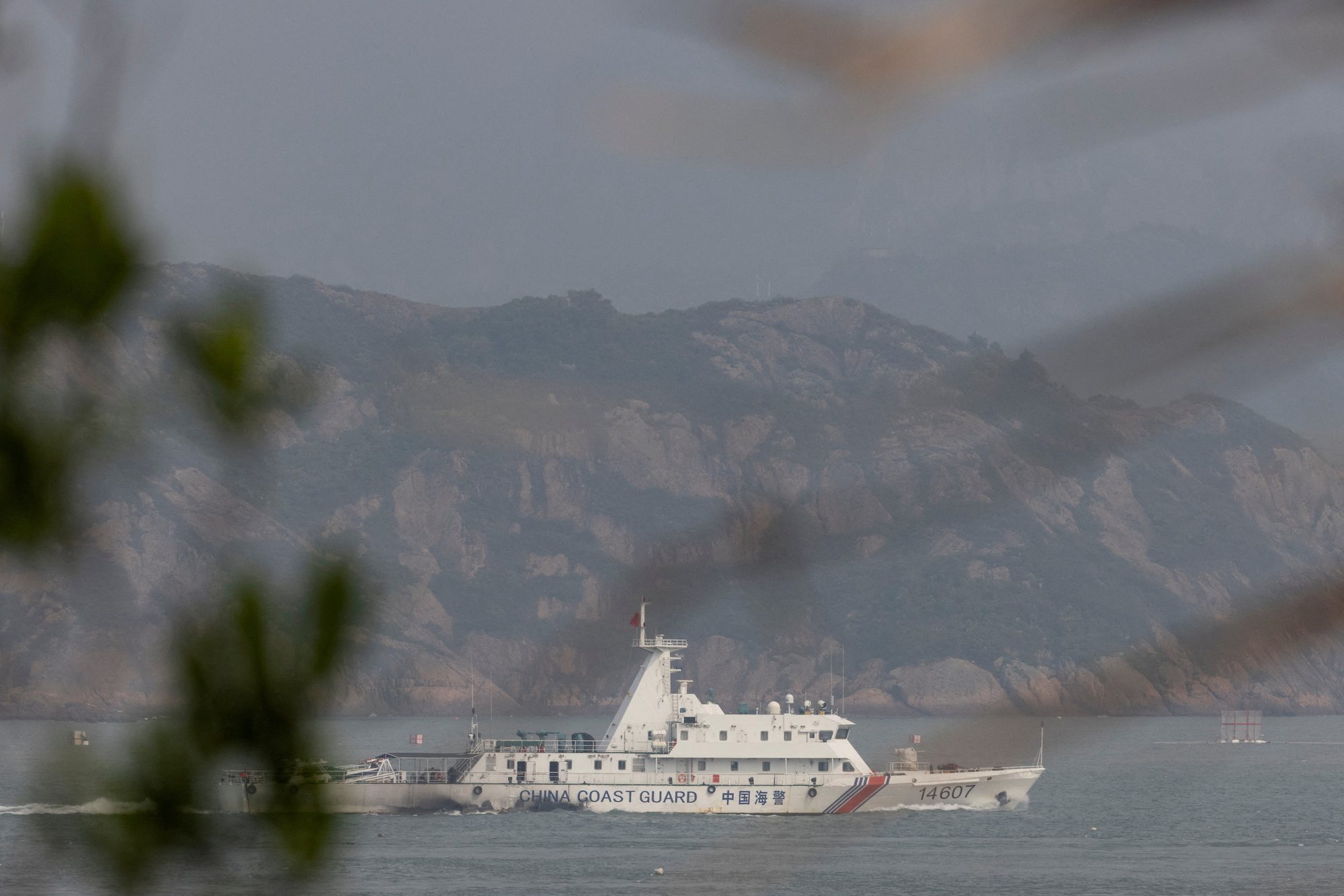
New Zealand Fishing Company Fined $2.4 Million, Chief Engineer Jailed for Environmental Crimes
 WASHINGTON – A New Zealand fishing company that owned and operated the tuna fishing vessel San Nikunau, and a former chief engineer on the ship, were sentenced in federal court today for environmental crimes and obstruction of justice, announced Assistant Attorney General Ignacia S. Moreno of the Justice Department’s Environment and Natural Resources Division and U.S. Attorney for the District of Columbia Ronald C. Machen Jr.
WASHINGTON – A New Zealand fishing company that owned and operated the tuna fishing vessel San Nikunau, and a former chief engineer on the ship, were sentenced in federal court today for environmental crimes and obstruction of justice, announced Assistant Attorney General Ignacia S. Moreno of the Justice Department’s Environment and Natural Resources Division and U.S. Attorney for the District of Columbia Ronald C. Machen Jr.
Sanford Ltd. was ordered to pay a criminal fine of $1.9 million and pay $500,000 in community service to the National Marine Sanctuaries Foundation for the benefit of the Fagatele Bay National Marine Sanctuary in American Samoa. The former Chief Engineer James Pogue was sentenced to 30 days in jail to be followed by two years of supervised release and ordered to pay a criminal fine of $6,000.
“Companies, like Sanford, who benefit from fishing in the oceans and selling their catch in the U.S. must comply with the laws that protect the oceans,” said Assistant Attorney General Moreno. “Today’s sentence makes clear that companies, like Sanford, who deliberately break the law by discharging oil waste into the ocean over a period of years and lie to the U.S. Coast Guard (USCG) about their activities, will be held fully accountable under U.S. laws.”
“Deliberately polluting our oceans is not only harmful to our environment– it is criminal,” said U.S. Attorney Machen. “Today’s sentence sends a clear message to owners and operators of commercial vessels who illegally dump oily waste and try to cover it up. We are committed to protecting our precious natural resources and will punish companies and individuals who ignore their obligations to our planet and future generations.”
“Some of the world’s most pristine marine ecosystems are located in the South Pacific and it is important that the rule of law is regarded and respected even in the most remote areas,” said Captain Joanna Nunan, USCG Commander, Coast Guard Sector Honolulu and Captain of the Port in American Samoa. “The U.S. Coast Guard is committed to working with the maritime community to help ensure compliance with these environmental standards.”
According to the government’s evidence, in July 2011, the U.S. Coast Guard conducted a Port State Control examination when the vessel returned to Pago Pago, American Samoa. The investigation revealed that the vessel had been routinely discharging oily waste water, without first using equipment to clean the waste water, and making false entries or no entries in an oil record book that vessels are required to maintain accurately, all in violation of international and U.S. laws.
According to evidence presented at trial, Sanford Ltd. operates the fishing vessel San Nikunau, a vessel that routinely delivers tuna to a cannery in Pago Pago. Over the past five years, Sanford was paid over $24 million for tuna deliveries. Sanford Ltd. was convicted of numerous charges including conspiracy and causing the vessel to enter into the port of Pago Pago with a knowingly falsified oil record book. Sanford Ltd. was also convicted of failing to maintain an accurate oil record book and failing to disclose that required pollution prevention equipment had not been used on the vessel. Sanford Ltd. was also convicted of discharging machinery space bilge waste into the port of Pago Pago without using required pollution prevention equipment, including the oil water separator.
Pogue, of Idaho, served as the chief engineer on the vessel between 2001 and 2010. Pogue was convicted of failing to maintain an oil record book for the vessel and failing to account for transfers of machinery space bilge waste to other areas of the vessel. In addition, Pogue was convicted of intending to influence a Coast Guard investigation by falsely stating in the oil record book that required pollution prevention equipment had been used when it had not.
In a document submitted by Sanford’s attorney, the company acknowledged that it was very troubled by some of the facts uncovered during the investigation of this case and some of the testimony presented at trial regarding certain activities that occurred aboard the San Nikunau. That information and testimony clearly indicated that there were gaps in the company’s environmental compliance program for the San Nikunau. They stated emphatically however, that the sentencing was overly harsh noting that the US government apparently failed to address the fact that the San Nikunau routinely off-loaded waste oil in every port in which it called.
The vessel owner did admit however, that the methods for collecting waste oil on board the ship were not in accordance with MARPOL requirements or APPS statute.

Subscribe for Daily Maritime Insights
Sign up for gCaptain’s newsletter and never miss an update
— trusted by our 109,107 members

Get The Industry’s Go-To News
Subscribe to gCaptain Daily and stay informed with the latest global maritime and offshore news

 Join The Club
Join The Club








